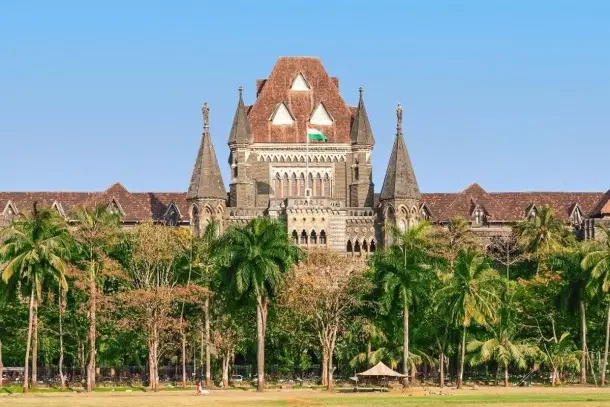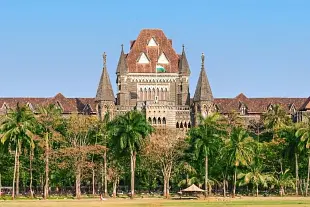News Brief
Bombay High Court Acquits All 12 Accused In 2006 Mumbai Train Blasts Case, Citing Flawed Probe And Lack Of Evidence
Arjun Brij
Jul 21, 2025, 11:33 AM | Updated 11:33 AM IST
Save & read from anywhere!
Bookmark stories for easy access on any device or the Swarajya app.


In a major ruling on Monday (21 July), the Bombay High Court overturned the convictions of all 12 men accused in the 2006 Mumbai train blasts case, criticising the prosecution for failing to establish guilt beyond a reasonable doubt.
On 11 July 2006, seven coordinated blasts tore through first-class compartments of Mumbai’s Western Railway suburban trains during evening rush hour, killing 189 people and injuring over 800.
The incident was one of the deadliest terror attacks in India, prompting a sweeping investigation and trial under the stringent Maharashtra Control of Organised Crime Act (MCOCA).
According to Live Law, in 2015, a special MCOCA court had awarded death penalties to five of the accused—Kamal Ansari, Mohammad Faisal Ataur Rahman Shaikh, Ehtesham Qutubuddin Siddiqui, Naveed Hussain Khan and Asif Khan for planting the bombs.
The other set of convicts—Tanveer Ahmed Mohammed Ibrahim Ansari, Mohammed Majid Mohammed Shafi, Shaikh Mohammed Ali Alam Shaikh, Mohammed Sajid Margub Ansari, Muzammil Ataur Rahman Shaikh, Suhail Mehmood Shaikh and Zameer Ahmed Latiur Rehman Shaikh—were granted life terms.
Wahid Shaikh was acquitted in the trial court after spending nine years in prison.
A special bench comprising Justices Anil Kilor and Shyam Chandak heard the appeals over six months before delivering the judgment on Monday. The bench held that the prosecution had "utterly failed" to prove the guilt of the accused.
The court noted that nearly all testimonies from prosecution witnesses were deemed unreliable. The bench remarked, "Taxi drivers or other individuals present at the scene did not provide any solid reason for identifying the accused, even 100 days after the blasts."
Addressing the alleged recovery of materials like bombs, weapons, and maps, the court stated, "The recovery of such items holds no significance in this case, as the prosecution failed to identify the type of bombs used in the attacks."
Senior advocate Dr S Muralidhar, appearing for two of the men, pointed to major lapses in the investigation and judicial process.
“Innocent people are sent to jail and then years later, when they are released from jail, there is no possibility for reconstruction of their lives,” he said, adding, “For the last 17 years these accused have been in jail. They haven't stepped out even for a day.”
Arjun Brij is an Editorial Associate at Swarajya. He tweets at @arjun_brij





